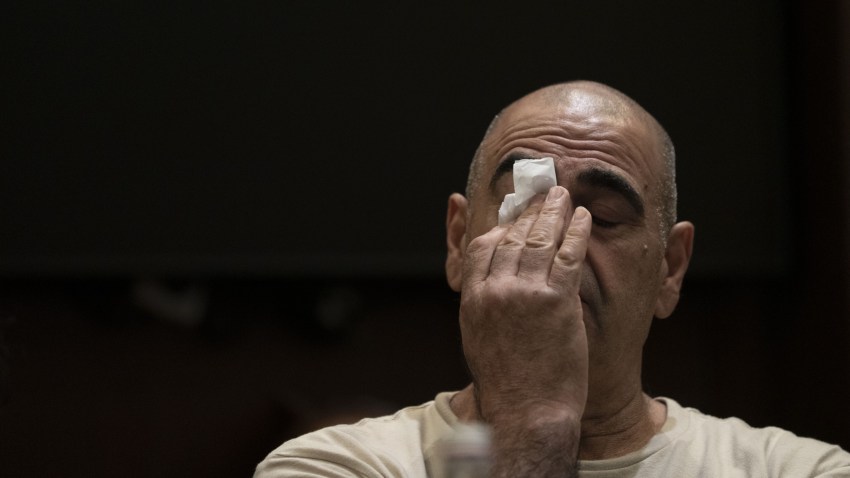Two days after Hamas and other Palestinian factions launched an unprecedented surprise attack from Gaza, killing more than 700 Israelis and taking more than 100 hostages, Israeli forces continue to battle for control of several towns in southern Israel. Almost 500 Palestinians have been killed by Israeli airstrikes in response, but the numbers of casualties on both sides will certainly climb, as Israel has begun to mass troops at the border of Gaza for what it has warned will be a long war.
Year after year, observers have been warning that the status quo in Gaza could not last, and yet year after year it stubbornly did. It was a testament to how sustainable an unsustainable situation can be—until the moment, which often comes as a surprise, when it no longer is. Saturday’s attack marked that moment in Israel’s standoff with Hamas.
For Israel, it means no longer being able to ignore the conflict until a rocket barrage from Gaza forces it to “mow the grass,” as it calls its periodic retaliatory and at times preemptive airstrikes in the blockaded territory. It also represented a shocking military and intelligence failure, as Israeli forces were taken by surprise by an operation that undoubtedly required months of planning.

